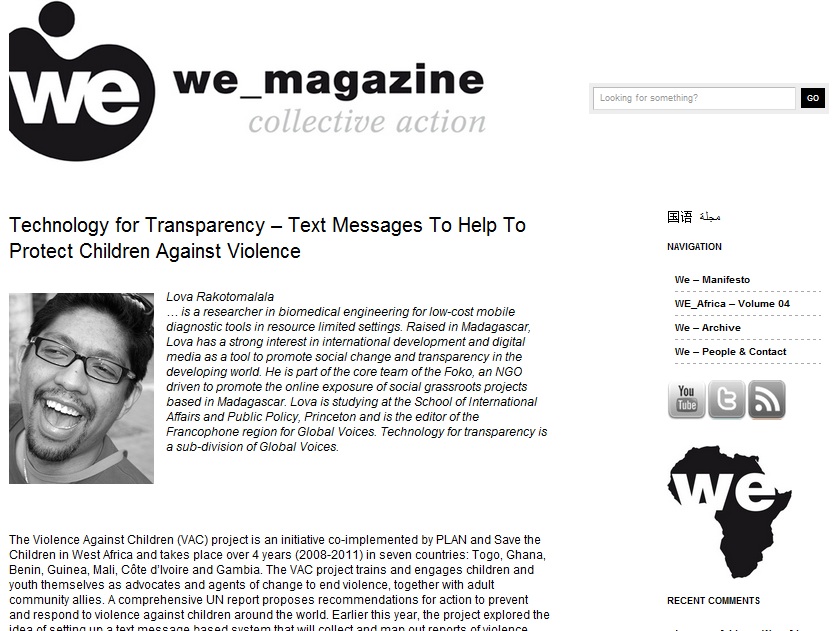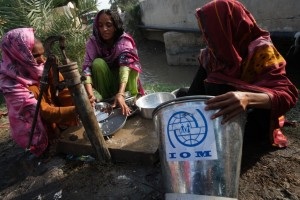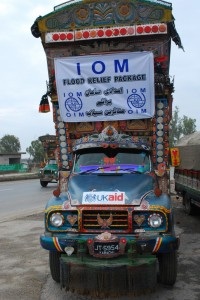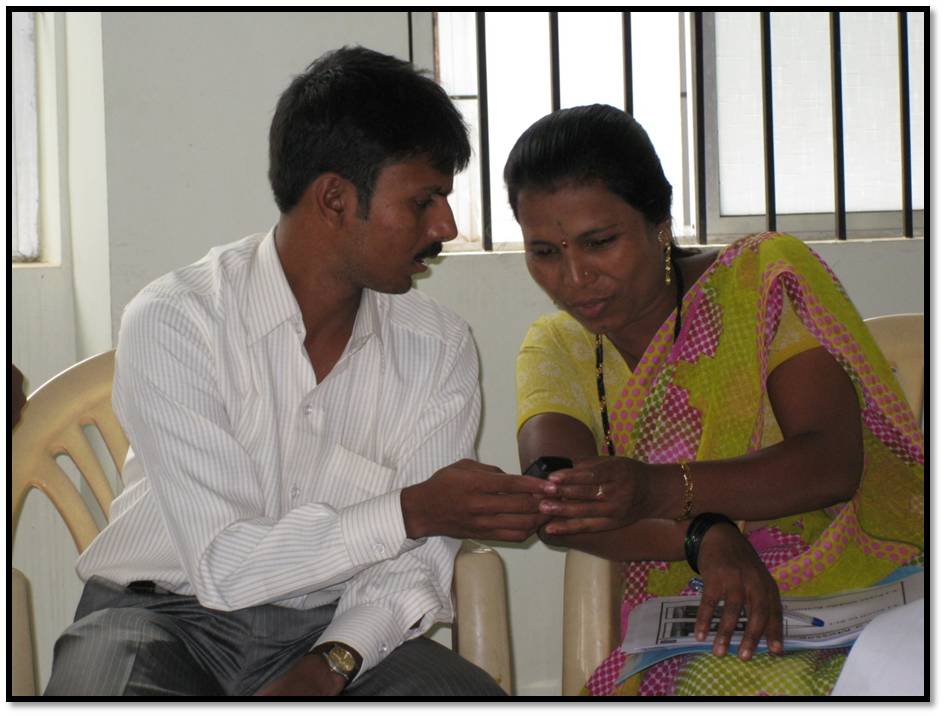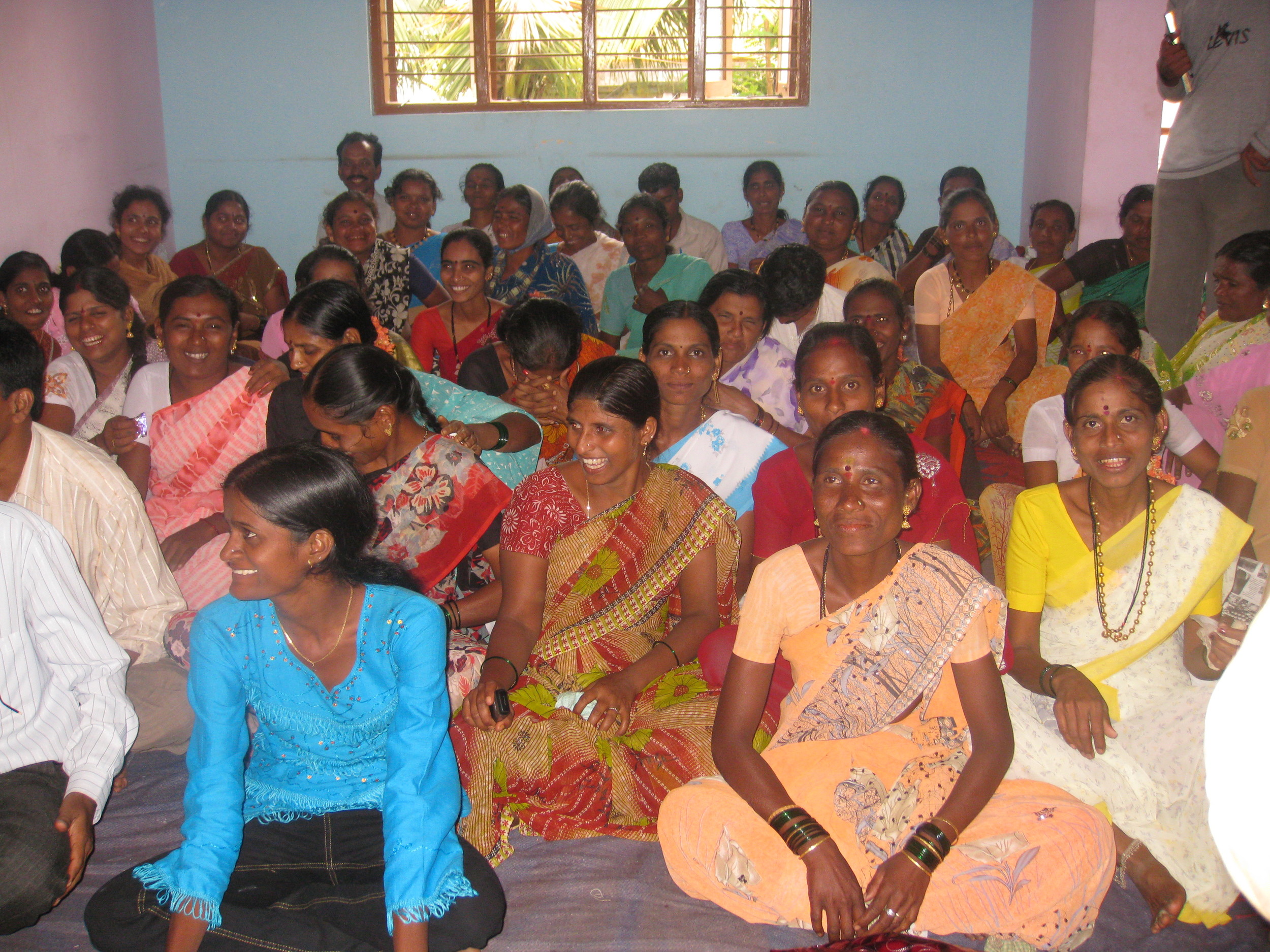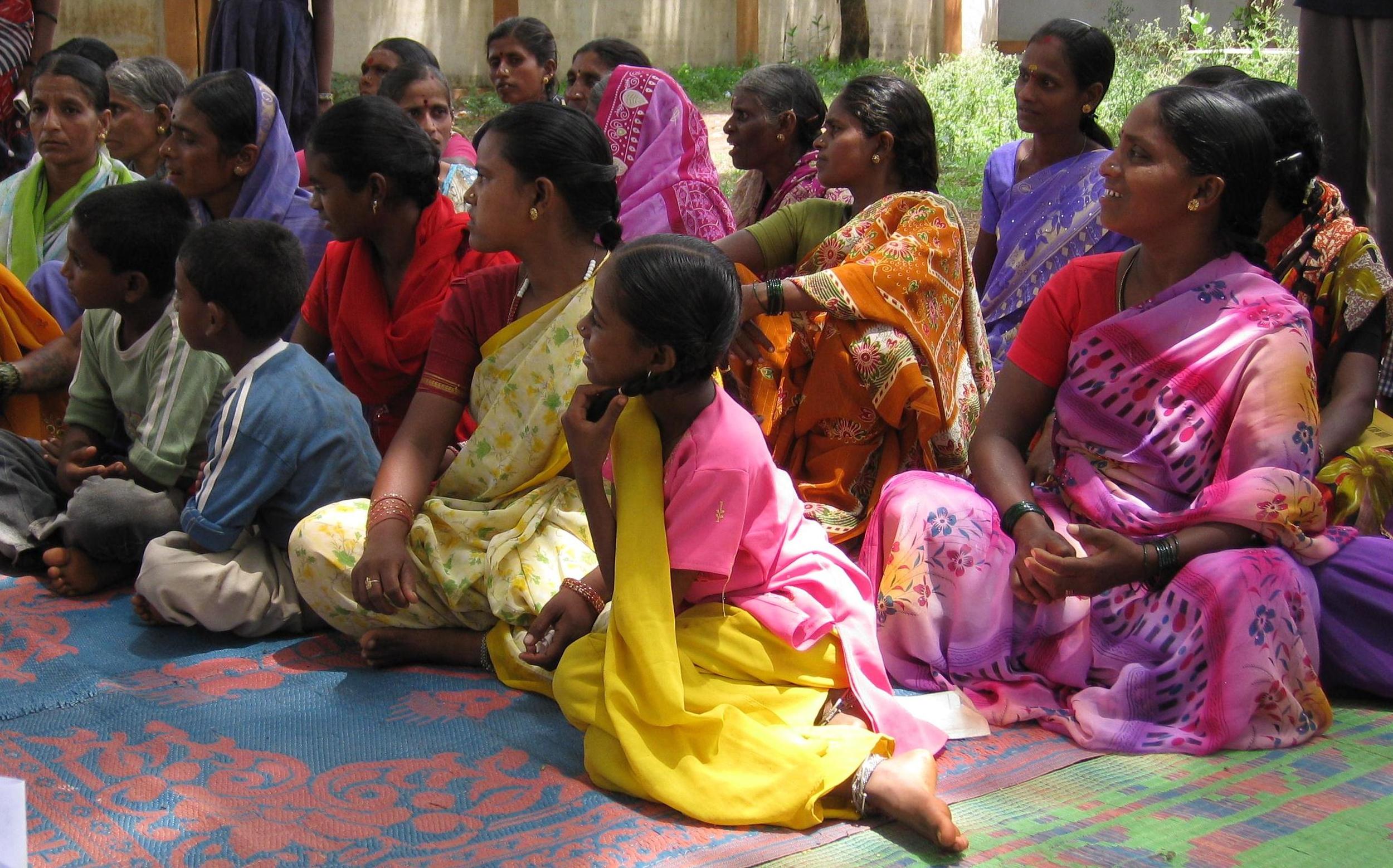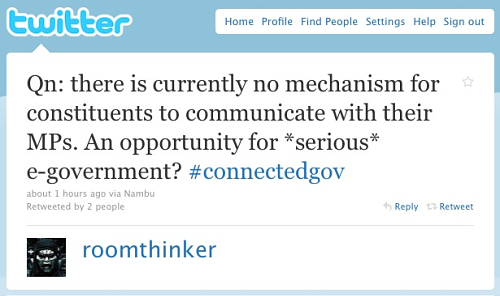With many thanks to Tactical Technology Collective for letting us re-post this blog from their site. One of the major challenges with sexual harassment and tracking is the difficulty of collecting accurate data. A lack of reporting can provide limited numbers and make the problem seem smaller than it is. A group in Egypt called Harassmap is creating a movement using a mashup, Ushahidi, to provide a place for women and other victims of sexual harassment to report instances of harassment on the streets of Cairo. Using a number of methods to gather the information, people can submit reports via SMS [using FrontlineSMS], email and a web form.

Harassmap says: “This tool will give women a way to anonymously report incidences of sexual harassment as soon as they happen, using a simple text message from their mobile phone. By mapping these reports online, the entire system will act as an advocacy, prevention, and response tool, highlighting the severity and pervasiveness of the problem. The project will utilise FrontlineSMS and the Ushahidi Engine.”
This project combines several digital tools into a mashup in order to an advocate against harassment on the streets of Cairo. Cairo is notorious for the amount of sexual harassment that occurs.
The Harassmap team recently held a volunteer community outreach day, where volunteers came together to learn about harassment issues, how to respond to harassment, and what steps to take. In addition, Harassmap has provided a space to discuss these issues and how to respond to them.
In an interview co-founder Rebecca Chiao said that managing the project on a volunteer basis is a very difficult task. Rebecca says, “we don't have any money, so we have to be creative. We love working on a volunteer basis, but it also means we all have other commitments like jobs and families, so it takes a lot of effort from us all to coordinate our little bits of free time to work together and make things happen.”
“I'm actually surprisingly happy with the outcome so far,” Rebecca said. “I think I would have changed the amount of time I spent on trying to figure out how to legally register HarassMap in the beginning. It took maybe 3 or 4 months and the requirements were prohibitive. So we ended up deciding to run with volunteers and not have any funding.”

Recently, they released data from the website where they analyse some of the information they’ve collected and some interesting trends appeared. Victims are not limited to Egyptian females, but included males, foreign women, and children. Harassment locations varied from the neighbourhoods of Cairo, to private cars while driving and including educational institutions such as schools and universities. Reports were collected from these neighbourhoods, in order of submissions: Downtown, Dokki, Al-mohandseen, Nasr City, Zamalek, Giza and Maadi.
For the Harassmap team, it isn’t just about mapping harassment on the streets of Cairo, but also about engaging the community. In addition to the volunteer day, they have hosted a workshop where young people were invited to come share stories of harassment and violence. The workshop discussed the relationship of gender and storytelling. They have also hosted outreach days where volunteers descend on the streets and encourage people submit reports.
And Harassmap isn’t stopping to celebrate their initial successes. They have weathered the Egyptian Revolution in style, and are capitalising on the positive energy in the streets. “I'm excited about the discussions we're planning now with the public to decide how we can carry Harassmap forward after the revolution,” Rebecca said. “There's an exciting spirit now and people have seen what it's like to not have harassment as a problem. So we're excited to see how we can build on that.”
In addition to growing in Egypt, their future plans see Harassmap going worldwide. Rebecca says, “We're also going to globalize this year, to about 10 countries hopefully! Wish us luck!”
TOOLS USED: Ushahidi, FrontlineSMS, Facebook and Twitter
REACH: International. The story was picked up by bloggers and websites before being picked up by the international press.
COST: Most of the work was done pro-bono by tech partners, NiJel.
TIME: 100’s of hours
RESOURCES: We have 4 founding partners and our tech team - we're all volunteers. We also have about 100 other volunteers doing various things together.
LEVEL OF DIFFICULTY: 4 out of 5. Using Ushahidi as a platform and building around it a community can be very difficult. Utilising Facebook and Twitter to build support around the initiative are basic tools, but require time and effort.
Pictures courtesy of the Harassmap website.
For more information on the Tactical Technology Collective, who originally posted this piece on their blog, visit their website: http://www.informationactivism.org




